|
Truth is an elusive idea.
While human beings place tremendous value on what's true, there is often disagreement on what that truth is. In any given situation there may be disagreement or multiple versions of the truth. Nowadays, we are encouraged to develop a personal truth. We are often instructed that our personal version of the truth should inform our belief system and our actions. Sometimes we are told that we know what the truth is deep within us, and we just need to discover what that is. Herein lies the complexity of truth. Personal truth is subjective. To explore this further, let's discuss truth in two categories: objective and subjective. Subjective truth is defined as what you personally believe to be truth. This does not have to be—and will not be—the same for everyone. Importantly, it is not right for one person to try to convince another of their own personal truth. These ideas are personal, based on our unique experiences and goals. They don’t require others to believe the same thing. However, they require your own belief to be true for you. Subjective truth requires belief. Objective truth is different. Objective truth is true regardless of whether you believe it or not. You do not have to adhere to a certain belief system. You do not have to even know or understand things that are objectively true. Objective truth does not require belief—it is true regardless. A final layer of complexity is something called collective subjective truth. This can be an idea or belief system that is widely agreed upon by hundreds, thousands or even millions of people. Collective subjective truths can be agreed upon so widely that we mistake them for what is objectively true. Regardless of how many believe an idea, it is still a subjective truth if it requires belief. It is worth examining our personal beliefs time and time again. Are they only true because we believe them to be true? We can ask ourselves, what is true regardless of whether I believe it or not?
0 Comments
Leave a Reply. |
AUTHORSScott & Ida are Yoga Acharyas (Masters of Yoga). They are scholars as well as practitioners of yogic postures, breath control and meditation. They are the head teachers of Ghosh Yoga.
POPULAR- The 113 Postures of Ghosh Yoga
- Make the Hamstrings Strong, Not Long - Understanding Chair Posture - Lock the Knee History - It Doesn't Matter If Your Head Is On Your Knee - Bow Pose (Dhanurasana) - 5 Reasons To Backbend - Origins of Standing Bow - The Traditional Yoga In Bikram's Class - What About the Women?! - Through Bishnu's Eyes - Why Teaching Is Not a Personal Practice Categories
All
Archives
May 2024
|

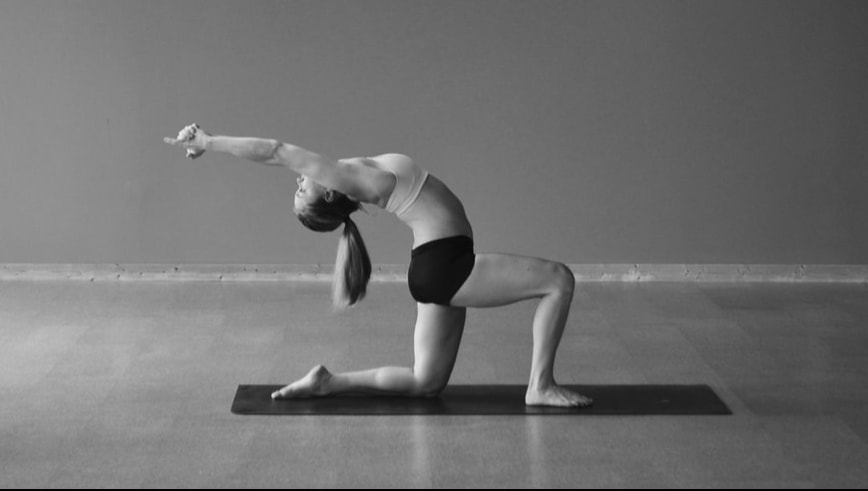
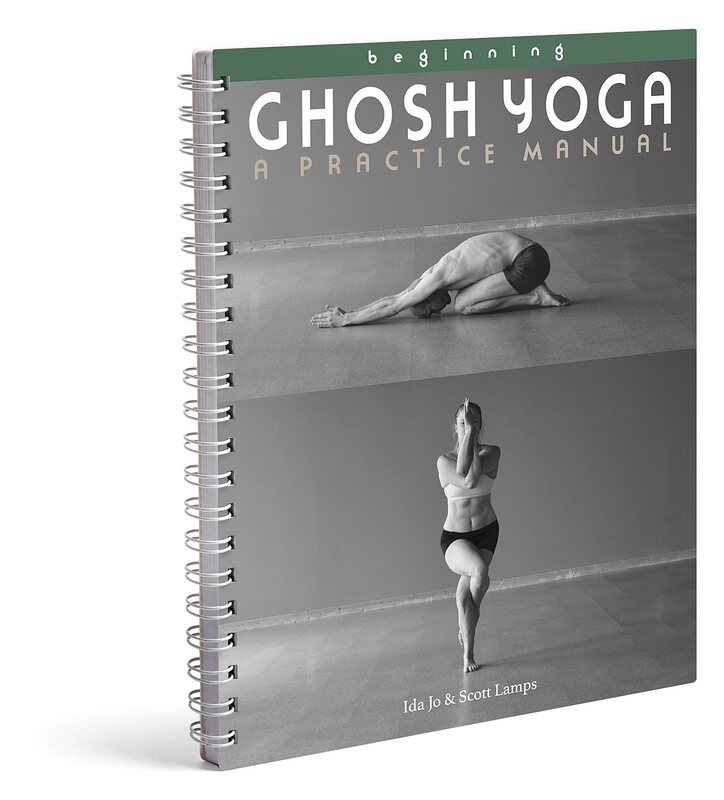
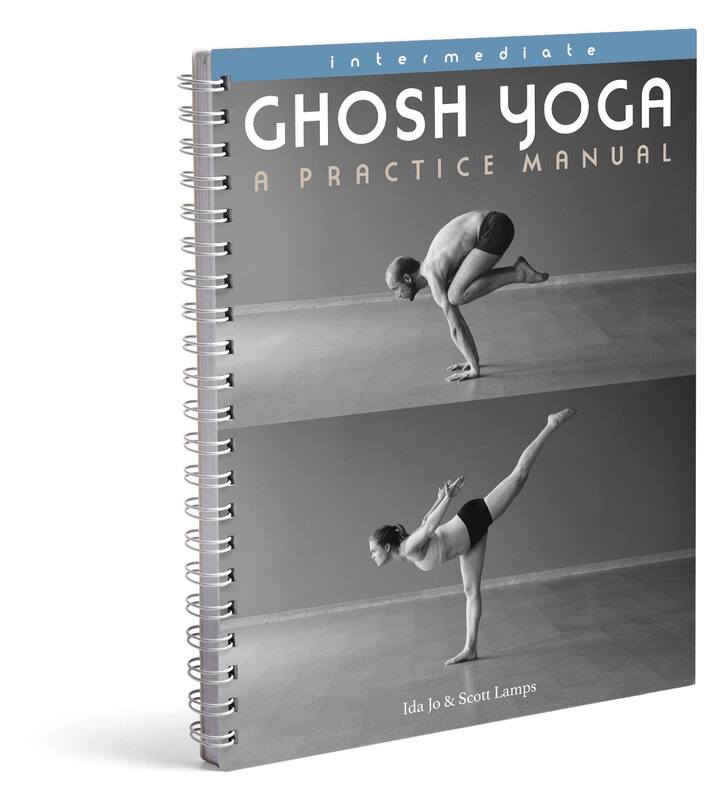
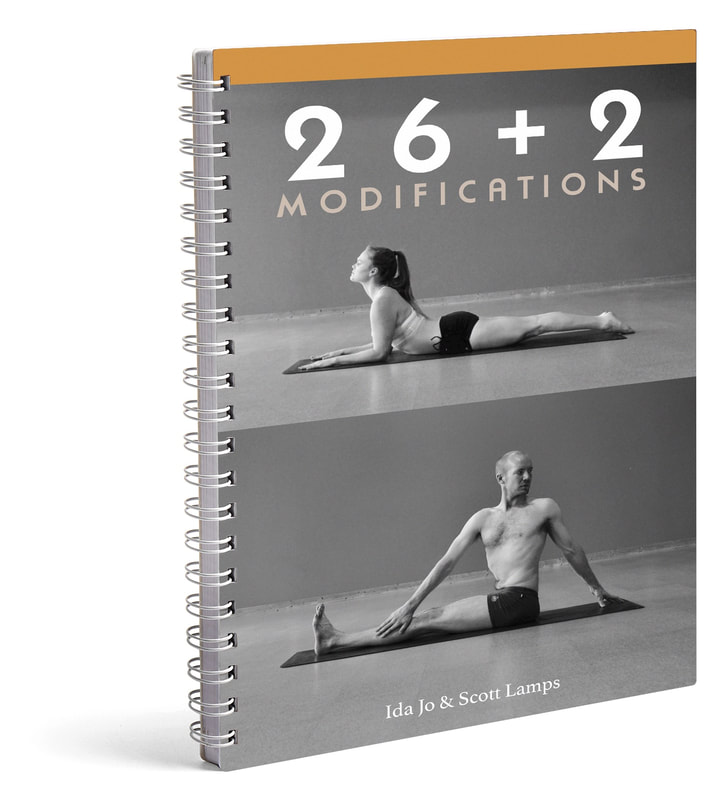

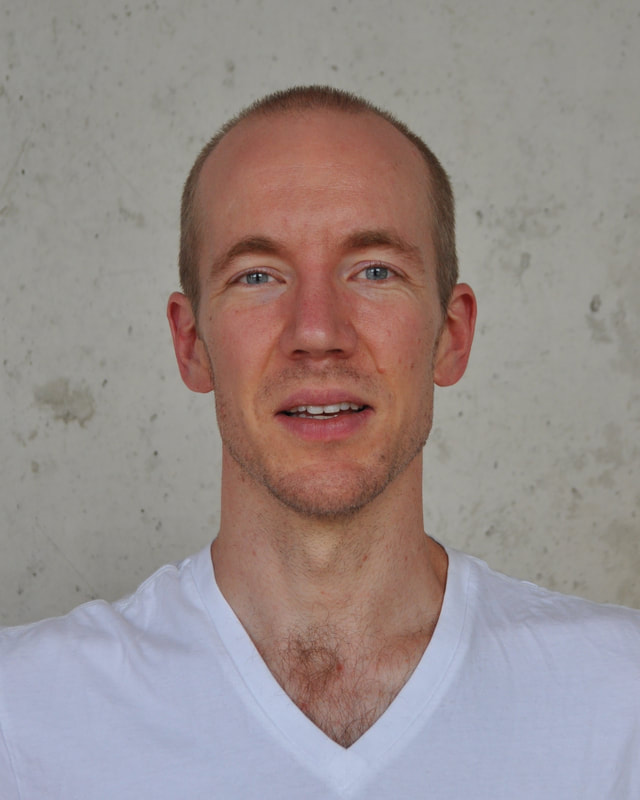
 RSS Feed
RSS Feed